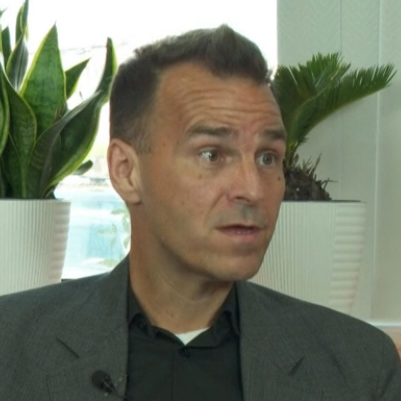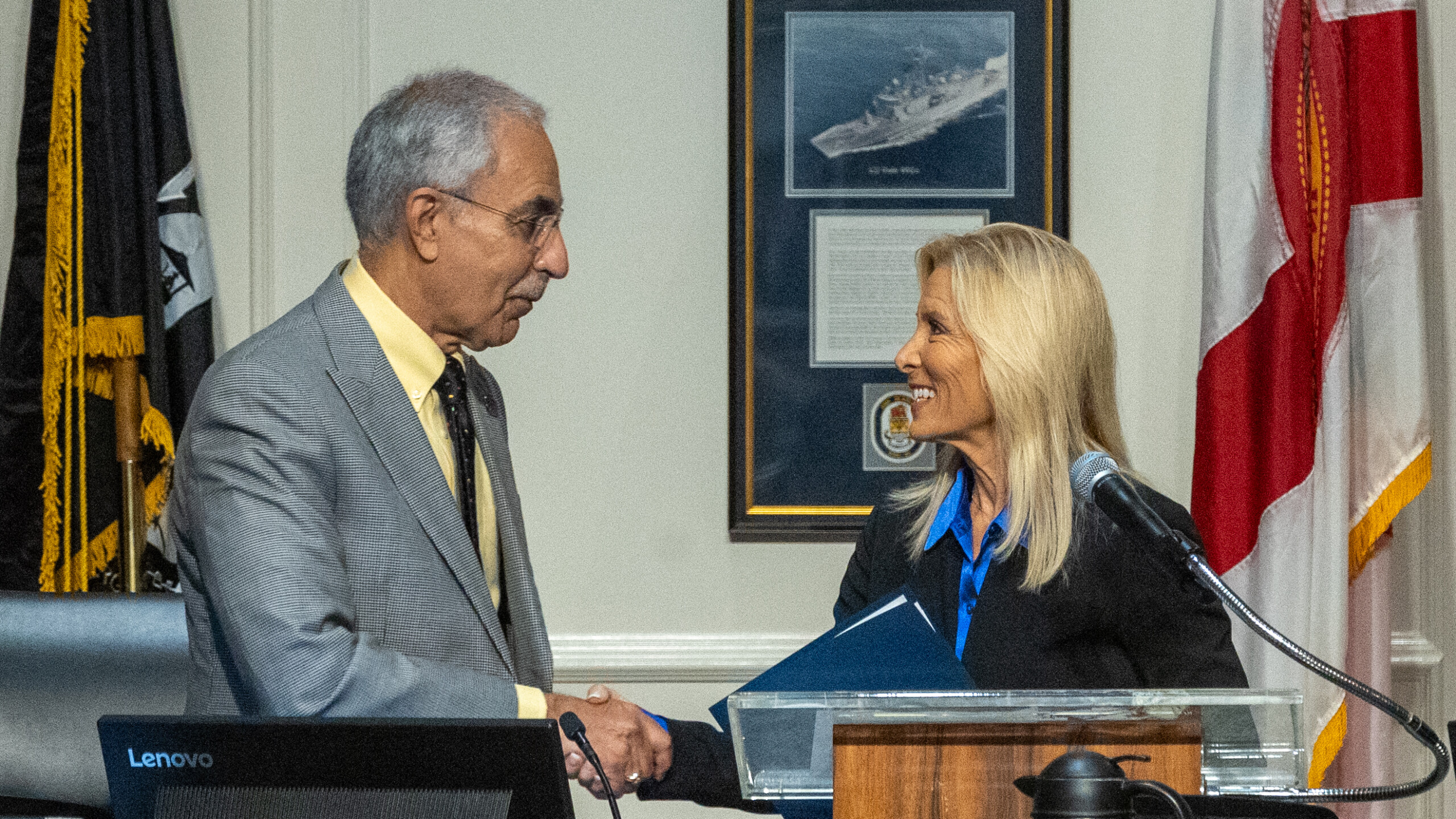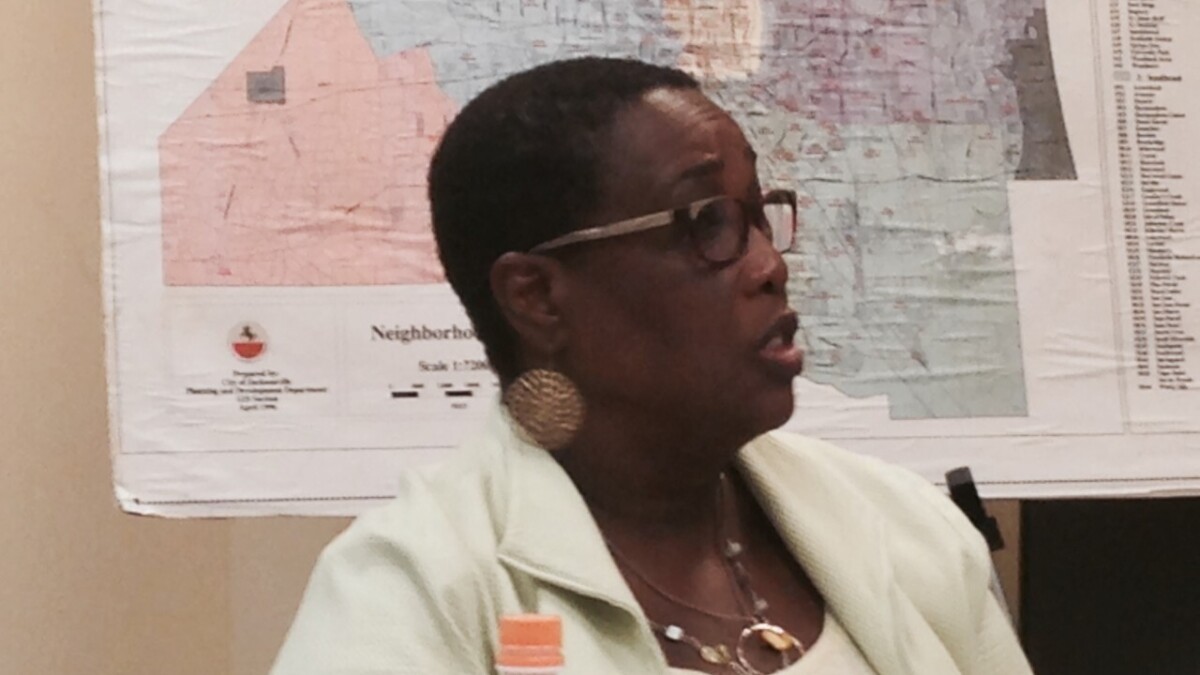
Looking back, it may have been inevitable that Jacksonville’s new mayor would test the City Council with certain nominees.
However, what’s most interesting about the current era is that Democrat Donna Deegan’s biggest test for the legislative branch may have been her Republican selections. And what it reveals is a surprising lack of understanding of how the City Council actually works and thinks.
With Al Ferraro’s withdrawal from consideration to lead the Neighborhoods Department and with Randy DeFoor’s subsequent withdrawal from consideration to lead the Office of General Counsel, it’s tempting to get caught up in arguments suggesting Council’s clear lack of interest in those nominees reflects poorly on the Council itself.
In Ferraro’s case, one official reason for caution would have been his lack of a college diploma, which city ordinance says is a necessary prerequisite for the position. But even if Ferraro had a Ph.D., it wouldn’t have changed the reality that he’d been on the Council for eight years and had never been on Finance or Rules, the committees that are generally most prized by Council members.
There wasn’t anything to show, in other words, that the people charged with voting on his nomination particularly respected him.
Did the mayor’s office discuss the nomination with Council President Ron Salem, Rules Chair Terrance Freeman, or Council VP Randy White? Sure, it’s the executive branch’s prerogative to pick anyone they want. But the old saying from former CAO Sam Mousa applies: “The Mayor proposes. The Council disposes.”
In other words, just because it’s called a strong mayor form of government doesn’t mean the legislative branch is weak.
The Ferraro flop was followed by the DeFoor denouement.
The mayor held a press conference to introduce DeFoor, then a press conference to show various people in town stood by her nomination.
Were the press conferences intended to intimidate the City Council, many of whom faced nominal or even no competition in winning office this year? That was the impression some took away from them.
The issue with DeFoor wasn’t that she was a woman, as much as people want to believe that sexism was what sank the nomination.
Other women were in the mix too, including two Black women with impressive resumes: Lawsikia Hodges (a current OGC lawyer with whom Council has dealt with a lot over the years), and Brenda Priestly Jackson (a Democrat who was on Council and School Board before that). This columnist hasn’t heard Council complaints about those potential picks.
It wasn’t that DeFoor opposed the sale of JEA; in fact, if policy positions mattered to this Council, they would have been stoked that both DeFoor and Ferraro are long-time supporters of keeping Confederate monuments up.
What was it ultimately? A lack of trust and a lack of personal affinity.
With four years of having worked with DeFoor, the reviews were that she is “vindictive” and “combative” and that they simply didn’t want her to be their lawyer. Fundamentally, they have every right to reject the selection.
Did the mayor’s political team do enough to win in the cases of Ferraro or DeFoor? I don’t think so.
The Donna for Duval political committee is still a live concern, and little stopped the mayor from using it to put pressure on Council with ads driving people to call up City Council offices and say they wanted Deegan’s nominees to prevail.
Instead, she trusted organic appeals to prevail, and while the “bully pulpit” of the mayor’s office is an advantage, especially given her strong numbers (47% approval against 14% disapproval in the latest UNF poll), it’s clearly not the nuclear option in these early-administration mistakes.
There was a perception that Lenny Curry got the City Council to do whatever he wanted, but that’s not the reality. Curry had a lot of room to maneuver in much of his first term, but he dealt with a very difficult Council President even then (Anna Brosche, the incoming CFO, who ran against him).
The push to privatize JEA never came to pass, of course, but it wasn’t for lack of trying. And in his second term, Curry’s advocacy for the Lot J deal also came up one vote short. As well, he never got Council buy-in when it came to removing the Confederate monument from Springfield Park. The previous mayor’s lame duck period arguably started as soon as the pandemic hit, something no one expected in 2019, when Democrats didn’t bother to run a candidate and a previous Democratic mayor, Tommy Hazouri, endorsed him.
People are reluctant to compare Deegan and Curry, but there are ways the current mayor could learn from her predecessor. One of them is that she has to get City Council on board before investing political capital. Taking losses, especially as a “strong mayor,” creates an impression of political weakness. And once the illusion of invulnerability is gone, so too is the mayor’s strength diminished.







